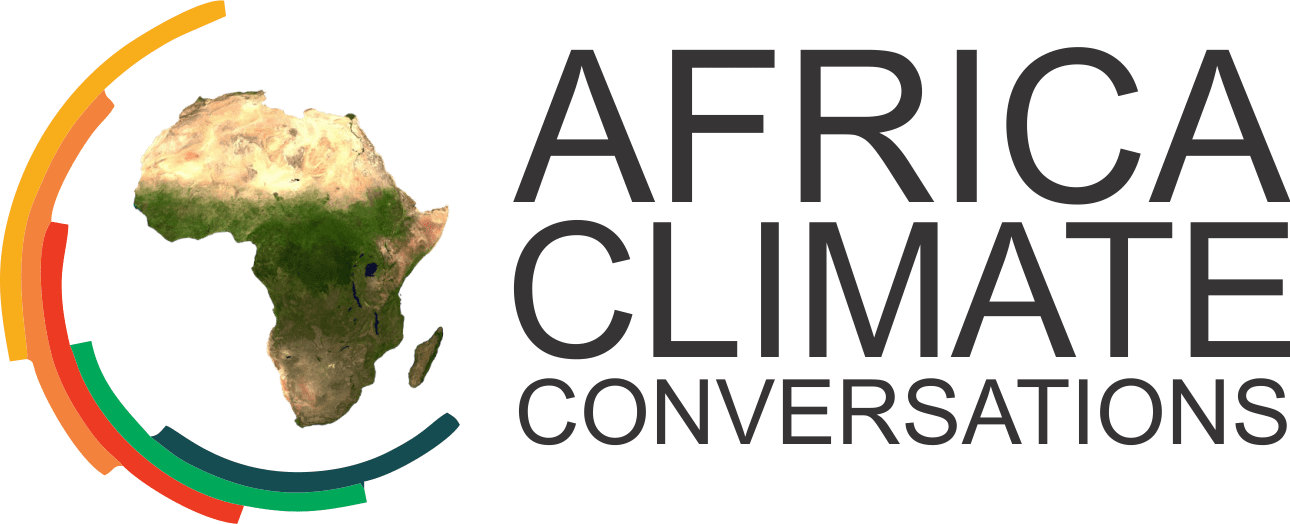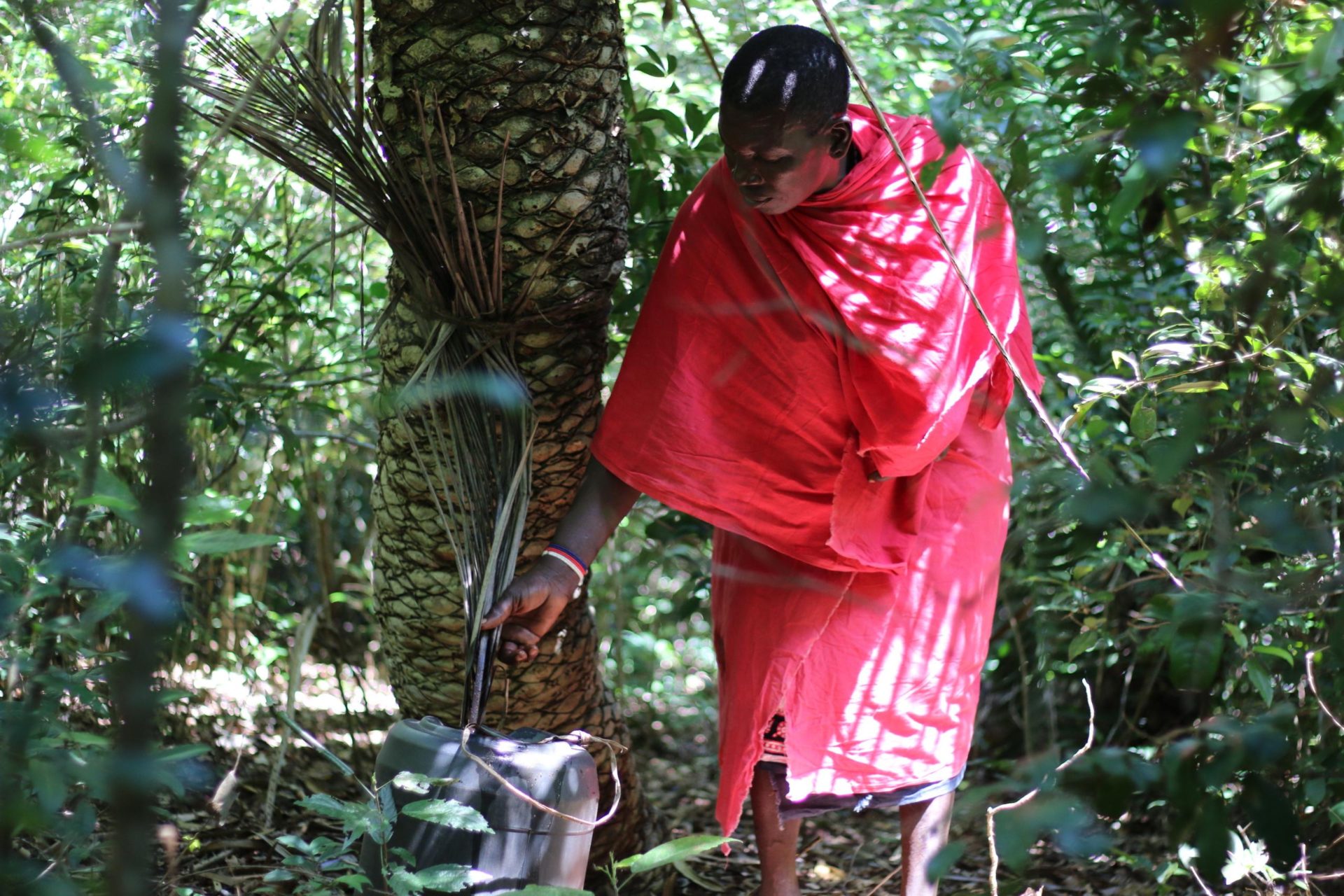
Ahead of the 27thUN climate summit (COP27), the youth and other groups have called on world leaders to urgently cut down their emissions to limit warming to 1.5°C to reduce the future impact of climate change on humans and ecological systems.
Against the backdrop of the recent global disruption events such as the Russia/Ukraine-instigated energy crisis, Covid-19 pandemic recovery, biodiversity loss, and climate emergency. The Egyptian presidency has urged nations not to backtrack on their climate pledges as the COP27 takes place in less than a month in Sharm El Sheikh, Egypt.
However, despite the global emergency responses, the world will not solve the climate crisis without tackling global biodiversity loss and environmental degradation.
As such, these efforts towards saving the planet should be anchored in people’s way of life: in the knowledge that humans are, nature and nature are we. In this context, there is a symbiotic relationship between nature and humans. Given that nature nourishes humans by providing food, water, and clean air, it is the same understanding that nature has its limits and humans cannot expect to plunder the earth and leap rewards from it.
Over the years, global development has prioritized economic empowerment at the expense of the environment. As a result, human activities have led to roughly 1.1°C of warming between 1850-1900. With the business as usual development,global warming will exceed 1.5°C between2030 and 2052,which means more severe and extreme weather events.
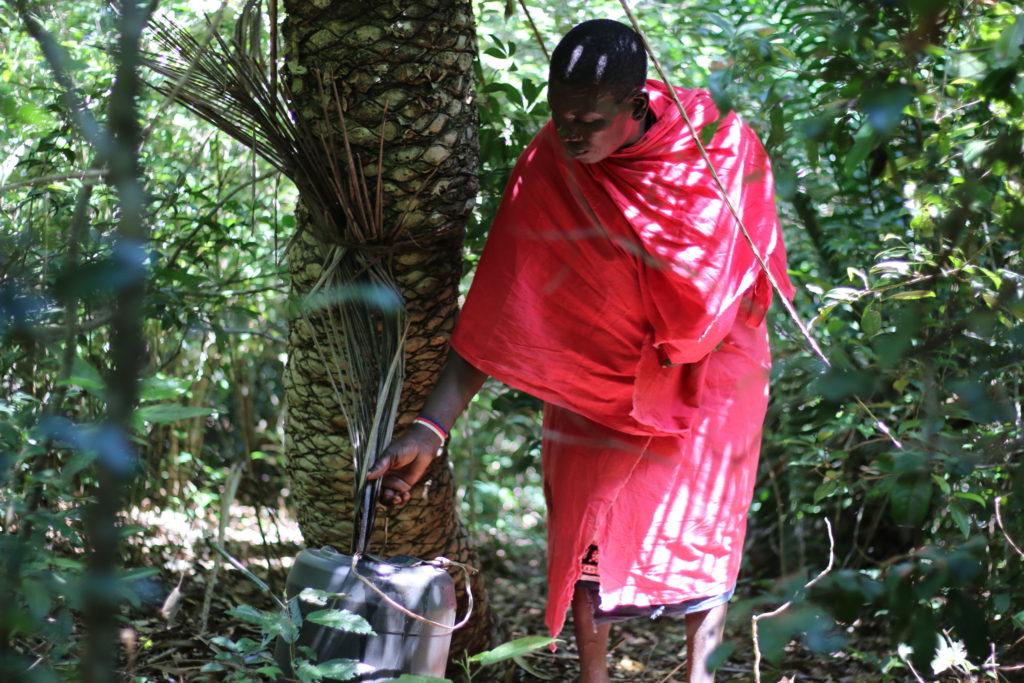
Pause and remember the 1972 environmental recognition
The relationship from the beginning was embodied in the human stewardship nature of the human being and espoused the highest priority of environmental protection. It is a responsibility that creates a symbiotic relationship where the earth gives and humans return it by protecting it. But not a situation where human beings expect more but do less to protect, a context that has led to the climate crisis we are in now.
Compared to the older generation, the digital age with mechanized operations has bred the planet’s destruction. Our ancestors understood very well that their survival was heavily dependent on nature. For this reason, they invested much in caring for nature through cultural activities, customs, and beliefs.
In this regard, the world must remember the 1972 UN Conference on Environment. It recognized that relationships and the responsibility man have to nature is dependent on his survival.
Fifty years ago, world leaders gathering in Stockholm, Sweden, observed thatman is both a creature and molder of his environment. The environment grants man his physical nourishment (food, air, and nutrients) and affords him the opportunity for intellectual, moral, social, and spiritual growth.
The 1972 UN conference on the human environment was the first to acknowledge environmental issues, placing them at the forefront of international concerns.
But as world leaders continue meeting annually and adopting many protocols and conventions, the world needs to agree on one thing; humans are making things worse daily.
Today, the World Health Organization (WHO) warns thatalmost the entire global population (99%) breathes air exceeding its air qualitylimits: a threat to human health. Also, the World Bank warns that by 2050, climate change will cause more than 200 million people to migrate. More than one million people have fled their homes in search of pasture, water, and food in Somalia, and nearly 1,500 are dead due to Pakistani floods.
Yet the world is projected to keep warming and hence more forest fires, cyclones, droughts, floods, warmer oceans, and landslides. At COP27, I expect loss and damage compensation to take center stage. This is amid developing nations’ year-round push for climate and adaptation finance. Trust keeps on being lost as mere promises are uttered by rich nations and never delivered.
Europe is in an energy crisis. Do you expect Europe to prioritize its industries and power its people ahead of winter or sympathize with millions in the south dying out of climate-related disasters? Equitable, fair, and just? How can this be when dealing with the climate crisis is a political and economic affair?
Why must natural gas power the African energy transition?
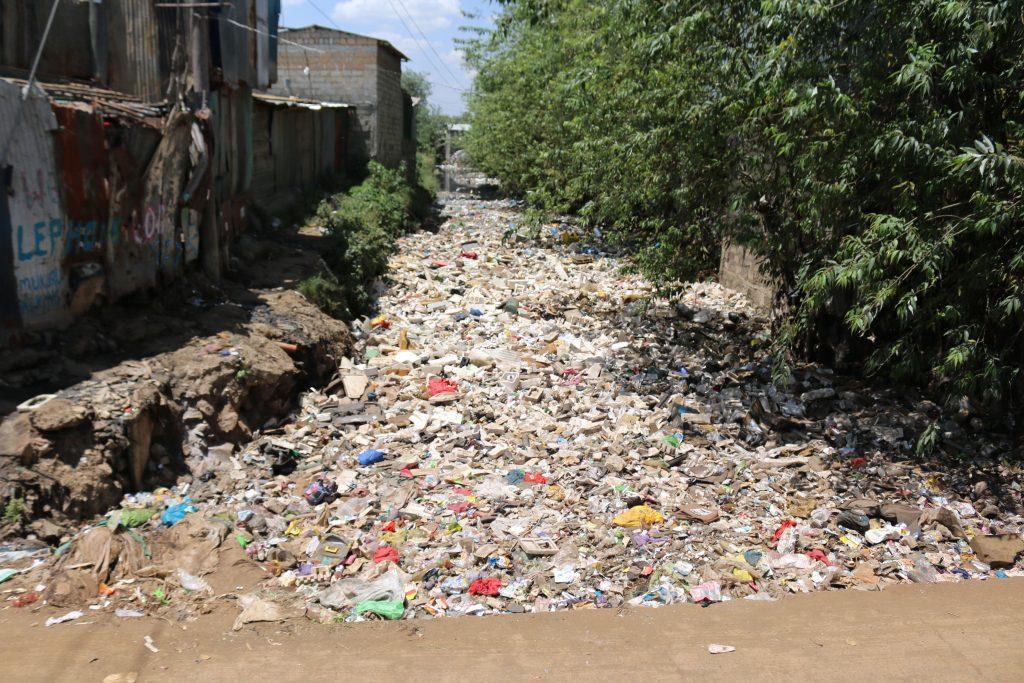
African eco-spiritualism, culture, and environmental protection.
Tacking the climate crisis requires going back to basics. A systematic change needs to start from somewhere: now. African eco-spiritualism reckons the human person is a steward, not a master, of the earth. Therefore, the earth exists not just as an investment opportunity but as a trust passed on from previous generations for the current to hold as stewards for future generations.
It gives a perfect example of communities that live in harmony with nature. For example, every natural resource was given to man freely to share with the rest and animals. For example, rivers would be left to flow freely without obstruction. One would take what they needed and leave the rest for the neighbors downstream and the wild animals.
The soil was a woman: that gave birth to us all hence jealously guarded. It is from the soil that food emanates. Soil gave life to plants and trees, cleaning our air, breaking wind and storms, lighting, and protecting our coastal shores. The forest where God and our ancestral spirits dwelled was protected. Some forest trees were sacred: used to offer sacrifice to their deity and required atonement if cut.
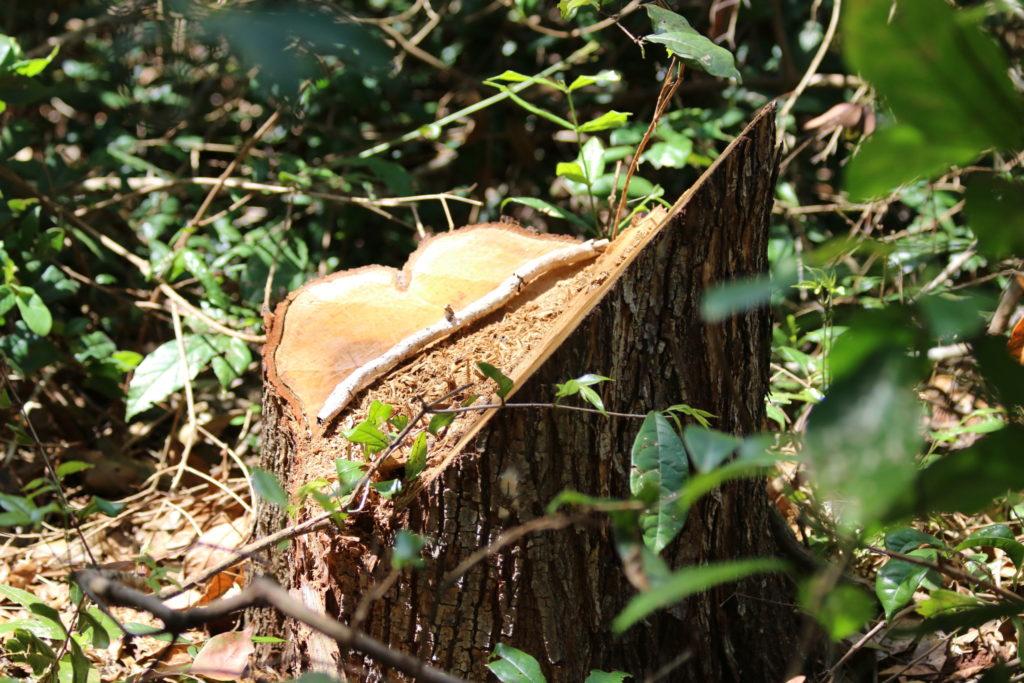
Our ancestors protected nature using taboos and unwritten rules that ensured no pollution, enforced the protection of riparian areas, and protected the soil from erosion using terraces, land rotation, and agroforestry.
Someone would argue that the population has grown, and the demand for food has too. True, but with all the mechanization, education, and technology the current generation has, is the world not losing an estimated 14 percent of the world’s food between harvest and retail when some 870 million people go hungry? UNEP says this food loss and waste account for 8-10 percent of global greenhouse gas emissions. The global trade in timber, pulp, and paper products is driving deforestation worldwide.
I recognize the global diplomacy efforts to tackle this global challenge. Still, I believe it is time nations have a conversation about how communities live and should live in harmony with nature.
Major platforms address desertification, pollution, depletion of the ozone layer, and biodiversity loss, among others, but at what point do they merge? Are there too many environmental protocols and laws that the world or nations end up lost in trying to implement? The Sustainable Development Goals (SDGs) will remain on paper and unachievable if environmental degradation continues.
It is not about religion or extra money but about actualizing the set strategies for climate change adaptations, mitigation, biodiversity protection, and pollution. It is time to come out of the boardroom meetings and conferences, put down our feet, and implement these local and national plans and policies protecting the forests, rivers, oceans, soils, and riparian lands among others, but from bottom-up approaches allowing communities to relate culturally and spiritually with nature. These policies have existed in many nations, but a serious behavior change is required among communities and a mind shift among leaders.Therefore, the solution to tackling the global climate crisis lay in protecting the environment anchored in culture and eco-spiritualism.
The post COP27: Not the solution to the global climate crisis?. appeared first on Africa Climate News.
